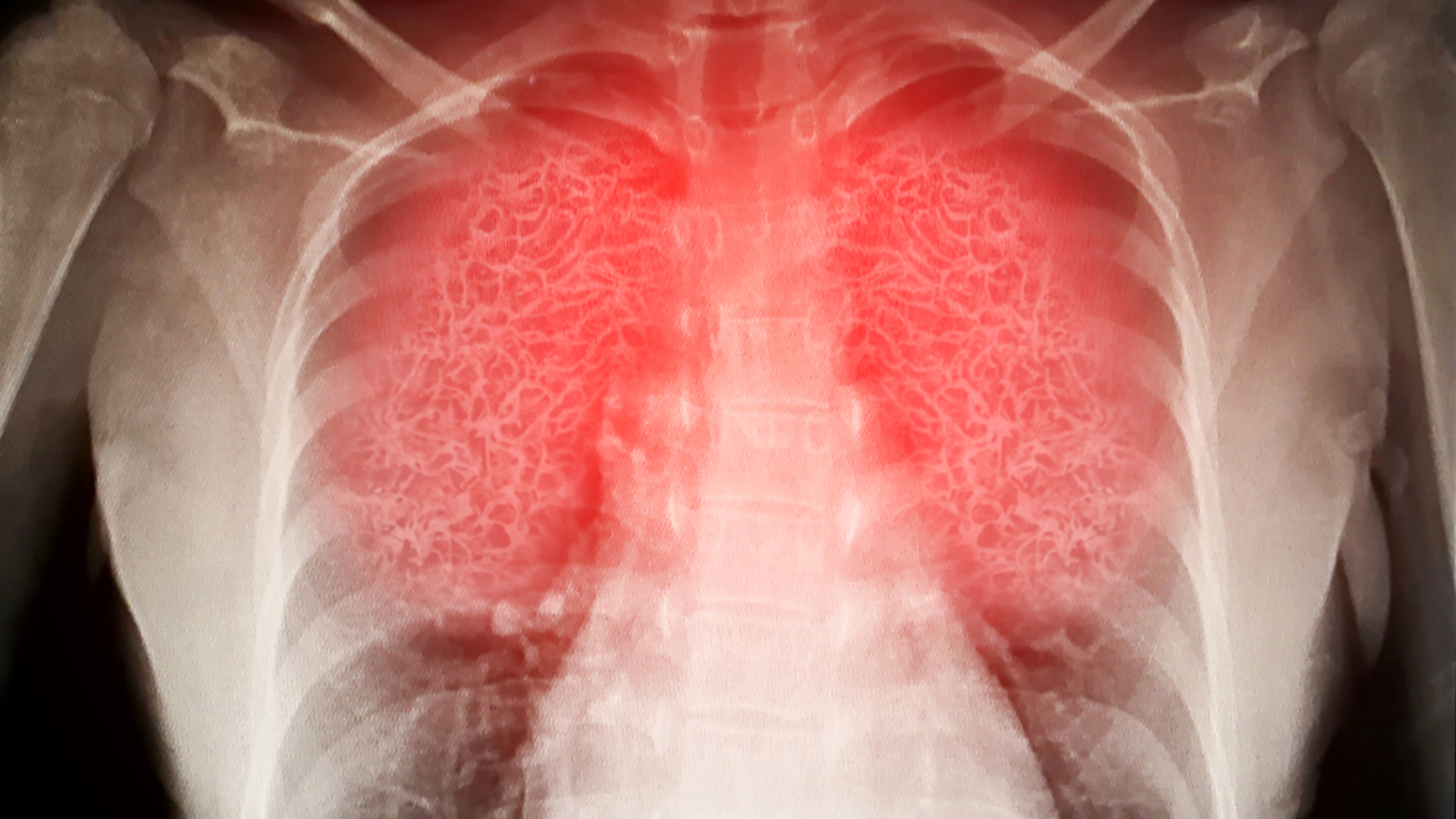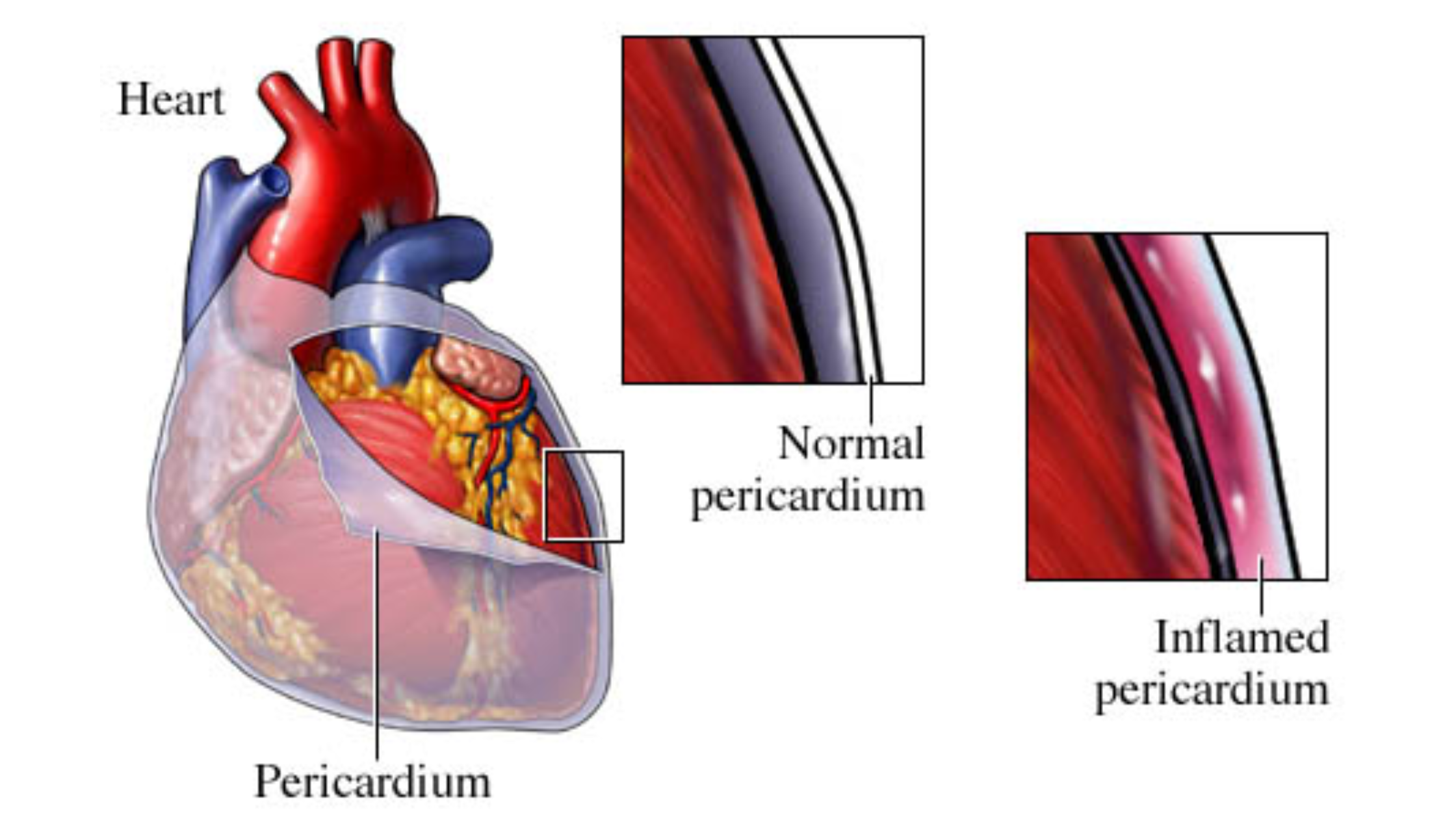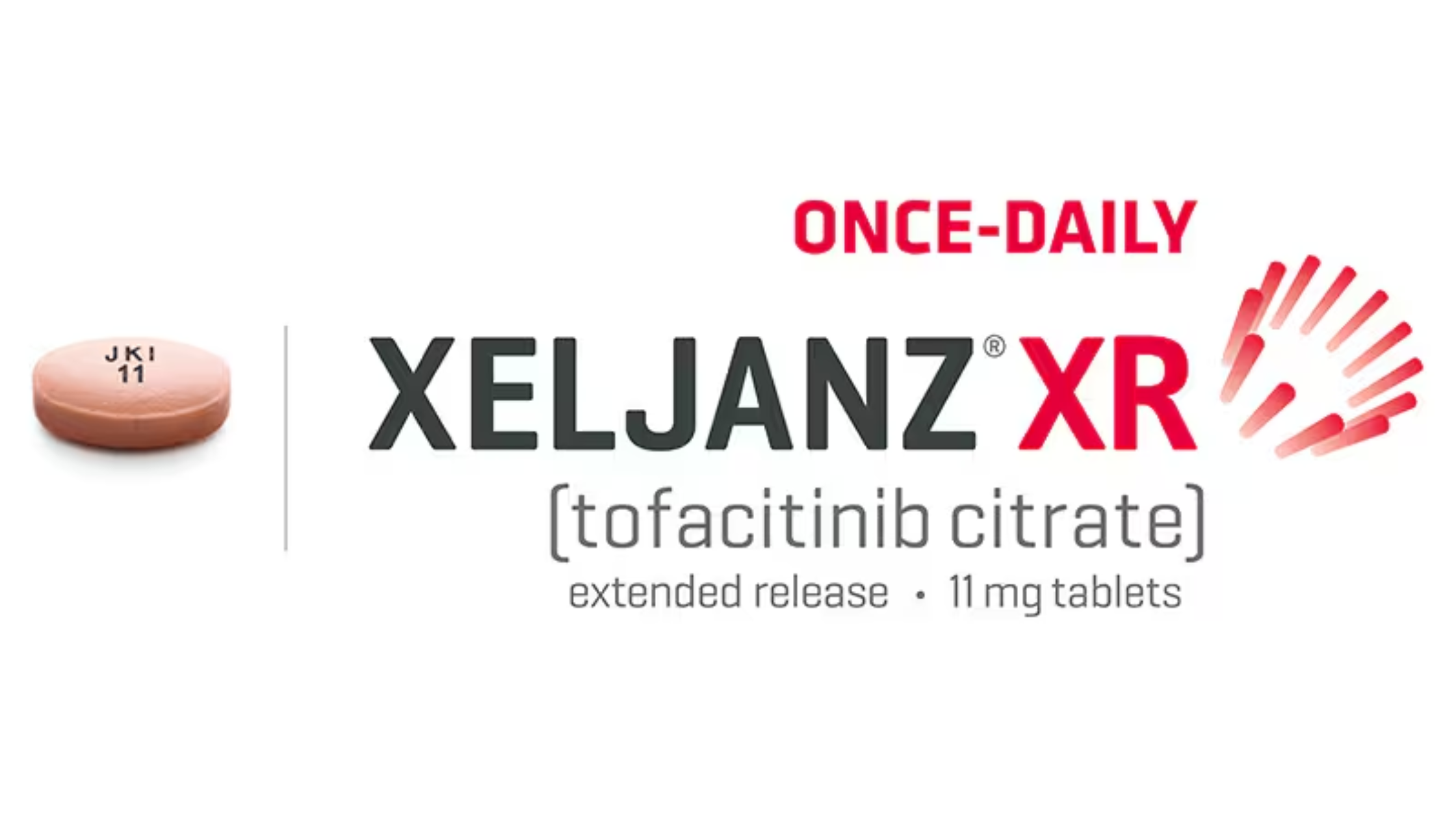How long does lung inflammation last? Lung inflammation, medically known as pneumonitis, alveolitis, or pulmonary inflammation, can persist anywhere from a few days to several months, depending on its underlying cause, severity, and treatment response. Whether it stems from infection, autoimmune disease, toxins, or allergens, understanding the expected duration and healing process is crucial for proper management.
What is Lung Inflammation?
Lung inflammation is your body’s immune response to an injury or irritant within the lung tissues. This leads to swelling, fluid buildup, and difficulty in breathing. It is not a single disease but a manifestation of numerous respiratory conditions, such as:
- Pneumonia (bacterial, viral, or fungal)
- Hypersensitivity pneumonitis
- Interstitial lung disease (ILD)
- COVID-19-related pneumonitis
- Autoimmune conditions (e.g., lupus, sarcoidosis)
- Drug- or radiation-induced pneumonitis
Each of these causes dictates a different healing trajectory.
Lung Inflammation Duration
1. Infectious Pneumonia
- Mild to moderate cases typically resolve within 1 to 3 weeks with antibiotic or antiviral therapy.
- Fatigue and minor cough may persist for up to a month even after the acute infection resolves.
- According to the American Thoracic Society, full recovery in the elderly or immunocompromised may take several months.
2. COVID-19 Pneumonitis
- Inflammation caused by COVID-19 may linger for 3 to 6 weeks in moderate cases.
- In severe cases requiring oxygen or mechanical ventilation, lung inflammation and fibrosis may persist for months to over a year.
- A JAMA Network Open study (2021) found lingering interstitial changes on imaging in nearly 35% of patients even 60 days post-infection.
3. Hypersensitivity Pneumonitis (HP)
- Acute HP usually improves within 24–72 hours after removing the triggering allergen.
- Chronic HP, however, can cause irreversible lung damage and may require months of corticosteroids or even lifelong therapy.
4. Radiation-Induced Pneumonitis
- Typically begins 1–3 months after radiation therapy for lung or breast cancer.
- Symptoms can last weeks to months, depending on the dose and lung area exposed.
- According to UpToDate, untreated cases may progress to pulmonary fibrosis in 6–12 months.
5. Autoimmune Lung Inflammation
- Conditions like sarcoidosis, lupus, or rheumatoid arthritis-related ILD may cause persistent or relapsing inflammation.
- Management often involves long-term immunosuppressive therapy, and inflammation can last months to years.
Warning Signs That Inflammation Is Not Resolving
If lung inflammation persists longer than 3–4 weeks despite treatment or worsens, consult a pulmonologist. Watch out for:
- Shortness of breath worsening at rest
- Persistent fever
- Severe fatigue and weakness
- Chest pain
- Productive cough with blood or worsening mucus
- Night sweats or weight loss
These could signal non-resolving pneumonia, chronic ILD, or pulmonary fibrosis.
Diagnostic Tools Doctors Use to Monitor Lung Inflammation
To determine how long inflammation may last and assess healing, physicians rely on:
- Chest X-ray or CT scan to visualize lung tissues
- Pulmonary Function Tests (PFTs) to measure lung capacity
- Blood tests (CRP, ESR) to assess systemic inflammation
- Bronchoscopy in severe or unclear cases
Treatment and Recovery Timeline
Treatment depends on the cause of inflammation:
| Cause | Common Treatment | Resolution Time |
|---|---|---|
| Bacterial pneumonia | Antibiotics | 1–2 weeks |
| Viral pneumonia (e.g., flu) | Antivirals, rest | 2–3 weeks |
| COVID-19 pneumonitis | Oxygen, steroids, antivirals | 3–12 weeks |
| Hypersensitivity pneumonitis | Remove trigger, steroids | Days to months |
| Autoimmune ILD | Immunosuppressants | Months to years |
| Radiation pneumonitis | Corticosteroids | Weeks to months |
Recovery includes gradual reconditioning, breathing exercises, and sometimes pulmonary rehab to restore lung function.
Can Lifestyle Influence Recovery?
Yes. Several strategies can speed up recovery and minimize inflammation:
- Quit smoking: Smoking aggravates lung inflammation.
- Anti-inflammatory diet: Omega-3-rich foods, fruits, and vegetables help reduce systemic inflammation.
- Hydration: Keeps mucus thin and easier to expel.
- Regular follow-ups: Essential for chronic conditions.
Can Lung Inflammation Become Permanent?
Yes. In certain cases, like chronic hypersensitivity pneumonitis, untreated autoimmune disease, or radiation fibrosis, inflammation may lead to permanent lung scarring (pulmonary fibrosis). This results in long-term breathing difficulties and requires specialist management.
When Will I Feel Completely Better?
While mild cases improve within 2 weeks, fatigue and cough can linger up to a month. More severe or chronic inflammation may take months to subside. Your doctor will use symptom resolution, imaging, and PFTs to confirm recovery.
Key Takeaways
- Lung inflammation may last days to months, depending on its cause and treatment.
- Infectious causes resolve quickly; autoimmune and radiation-induced types can linger.
- Persistent symptoms should not be ignored, especially if worsening.
- Treatment is tailored based on cause—antibiotics, steroids, antivirals, or immunosuppressants.
If you’re experiencing prolonged symptoms of lung inflammation or unclear breathlessness, it’s critical to seek professional medical evaluation. The right diagnosis and timely treatment can prevent complications and accelerate your recovery.
FAQs
Q: Can lung inflammation go away on its own?
A: Mild cases may resolve without treatment, especially allergic or viral types. However, most require medical intervention to prevent complications.
Q: How do doctors check if lungs are still inflamed?
A: Imaging (X-ray, CT scan), lung function tests, and inflammatory markers like CRP help assess ongoing inflammation.
Q: Is lung inflammation the same as pneumonia?
A: Not always. Pneumonia is an infection causing lung inflammation, but inflammation can occur from autoimmune diseases, allergens, or toxins without infection.
Q: Can you fully recover from lung inflammation?
A: Yes, most cases resolve fully with proper treatment. However, chronic or untreated inflammation can lead to irreversible lung damage.




